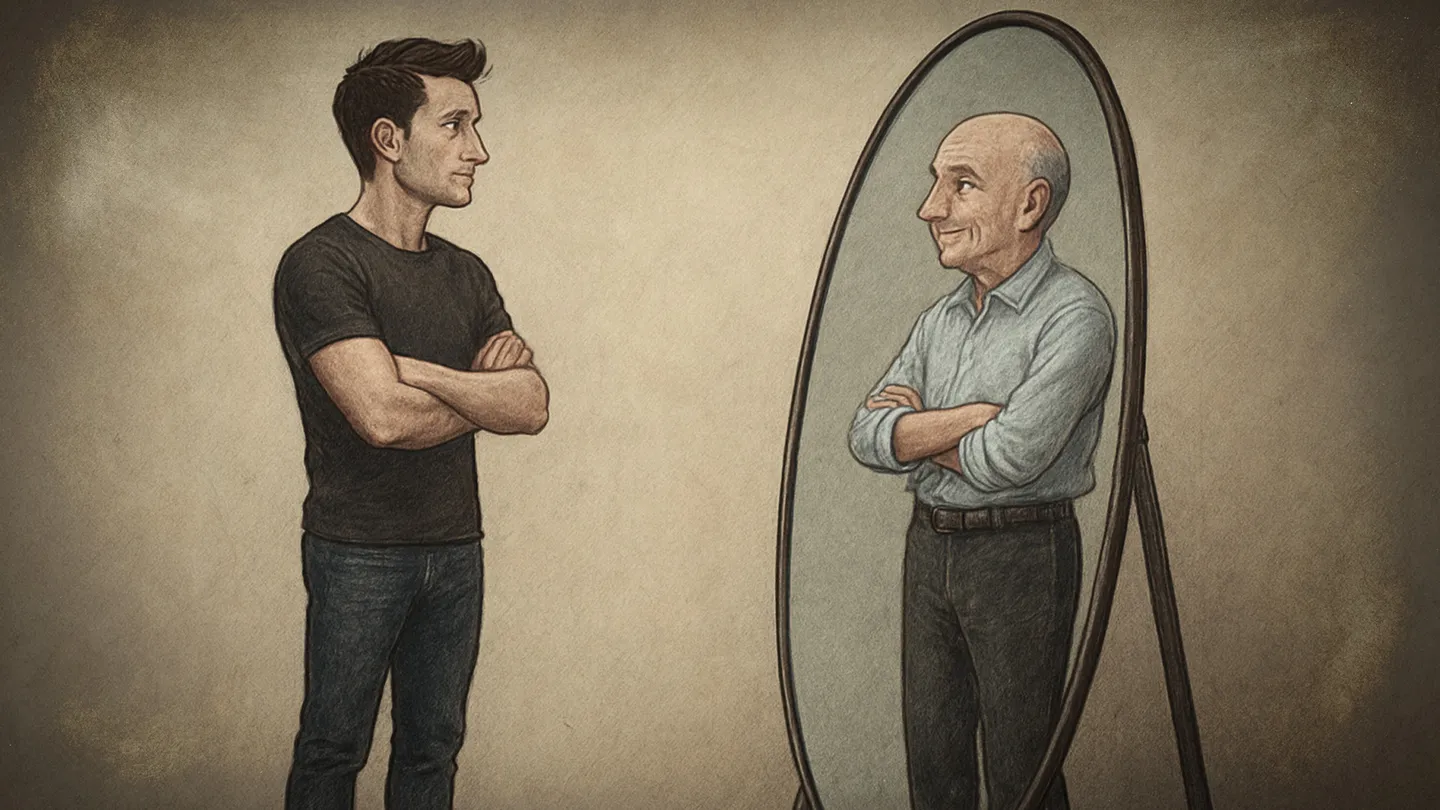From ancient Chinese emperors seeking the elixir of life to Spanish explorers in the medieval period searching for the Fountain of Youth in the Americas, the human race has chased the dream of a life stretched far beyond the natural span for thousands of years.
Fast forward to September 2025, when Chinese President Xi Jinping and Russian President Vladimir Putin turned heads with a longevity conversation, caught on a mic, at a summit of the Shanghai Cooperation Organisation (SCO).
The two world leaders mused about scientific breakthroughs like organ transplants that could nearly double human lifespans to 150 years.
“In the past, it used to be rare for someone to be older than 70 and these days they say that at 70 one’s still a child,” the translator of the 72-year-old Chinese president said in Russian.
“Predictions are, this century, there’s a chance of also living to 150,” Xi’s translator told Putin.
But is a world where 150 is the new 80 within reach? Or is the dream just another expression of the human race’s ancient obsession with outrunning death?
In recent decades, the search for longer life has moved from myth to mainstream. Pop icon Michael Jackson once dreamed of living to 150, a wish that now resonates with billionaires pouring fortunes into anti-ageing research.
Google-backed Calico Labs and Jeff Bezos-funded Altos Labs are leading the charge, with billions invested to find ways to stop or slow the ageing process. The mere existence of such well-funded start-ups reflects a cultural shift: longevity is no longer a fantasy but a scientific endeavour, backed by billionaires with the world’s deepest pockets.
Yet the question looms: Are we close to making 150-year lifespans a reality?
According to a 2024 study, life expectancy in the world’s longest-lived populations crept up by just 6.5 years between 1990 and 2019. It concluded that 15 percent of females and five percent of males in any human birth cohort living to age 100 in most countries in this century “would be optimistic”.
Still, optimists like David Sinclair of Harvard University argue that new discoveries could allow today’s children to live far beyond today’s limits.
“Ageing is a disease, and that disease is treatable,” he says.

Age of scientific leapfrogs?
Over the past decade, researchers have made strides in understanding why human beings age and how medical intervention can postpone death for decades.
One major scientific advancement has been in the field of senescent cells, which are worn-out cells that stop multiplying like their healthy counterparts but don’t die off when they should. These cells continue to exist and release harmful chemicals, bringing people closer to death.
Scientists recently tested new drugs on mice that act like a clean-up crew, killing off unhealthy cells.
The result showed the mice stayed healthier and lived longer.
A small human trial subsequently showed these drugs could reduce senescent cells in humans as well.
Another breakthrough comes from something called epigenetic reprogramming, which involves the “rebooting” of old cells to make them younger. From 2016 to 2022, experiments using special proteins called Yamanaka factors made mice live 20 percent longer and even reversed vision loss.
In humans, a 2021 study showed that a healthy diet and lifestyle could rewind a person’s biological age by about three years in just eight weeks. Tools called DNA methylation clocks, developed over the last decade, now let scientists measure how “old” your body really is, helping them test these anti-ageing tricks more accurately.
Then there are useful scientific developments in the field of metabolism, which deals with how our bodies consume energy. A substance called NMN is found to boost energy in mouse cells, making them live longer and healthier. Human trials are now underway to see if it works for us.
An anti-ageing drug called rapamycin has gained popularity as it helps cells clean out junk, delaying diseases like Alzheimer’s in mice and extending their lives.
Another 2024 study showed blocking a protein called IL-11 in mice boosted their lifespan by up to 25 percent.
Many such discoveries and studies paint a hopeful picture, suggesting humans can add 10 to 20 healthy years to average lifespans.
But achieving an average lifespan of 150 years still sounds like a stretch.
One study, for example, warns that roughly doubling the average human life to 150 years would need breakthroughs that we can’t simply predict yet.
Uncharted territory ahead
Biology aside, society would also need to adapt in a big way if the human race doubled the average lifespan. Overpopulation would strain scarce resources like food, energy, and housing.
Also, if only the wealthy could afford fancy treatments to double their lifespans, that would create a world where the rich might live forever but others didn’t.
The past decade’s scientific breakthroughs signal that the human race is closer than ever to longer, healthier lives. In that sense, Xi and Putin’s supposedly private conversation at the SCO summit was a glimpse into a future where science would once again redefine the limits of human ingenuity.
Sinclair of Harvard University says human beings know more about the health of their cars than they know about their own health. “That’s farcical. And it’s about to change.”



















